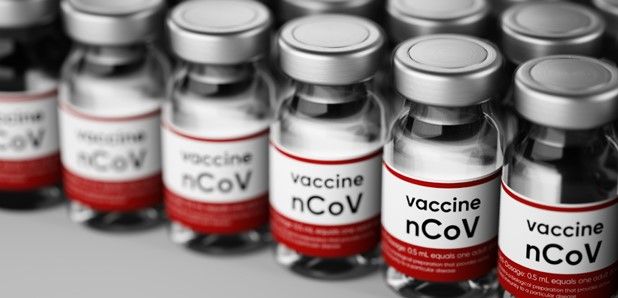Several pharmaceutical companies have announced promising rates of effectiveness for their COVID-19 vaccines and the world is expecting an approved vaccine by the end of the year. The roll-out of a vaccine is likely to take months and availability might initially be scarce, but both employees and employers are already questioning whether an employer can require vaccination.
Employment in most states, including Illinois, is “at will” unless otherwise agreed upon by the employer in writing. That means employers have wide latitude in the restrictions and requirements they can place around employment. In general, employers can implement non-discriminatory physical health requirements. So, the short answer to whether employers can require that employees get a COVID-19 vaccination? Yes. That “yes,” however, comes with numerous caveats.
Mandating employee vaccinations is generally permitted as part of an employer’s physical health requirements, but the policy must be applied in a non-discriminatory manner. That means the employer must make room for exceptions and accommodations based on religious or medical reasons.
Employees with legitimate medical issues or concerns can request an exemption as a “reasonable accommodation” under the Americans with Disabilities Act (ADA). Typically, employees need a physician to complete ADA paperwork and identify the nature of the disability so that an employer can determine whether it is a disability covered by the ADA.
One must keep in mind, however, that according to the U.S. Equal Employment Opportunity Commission (EEOC), COVID-19 meets the ADA’s “direct threat standard,” which allows employers to institute more extensive medical controls in the workplace than otherwise allowed under the ADA. As a result, a disability that might normally be accommodated under the ADA might not be exempted from COVID-19 workplace regulations. An employer must weigh the accommodation needs of an employee against the safety necessities of the workplace and do so in a reasonable manner.
Employees with religious beliefs that are inconsistent with vaccinations may seek protection from a vaccination requirement under Title VII of the Civil Rights Act. Title VII requires that an employee’s request for accommodation be based on a “sincerely held religious belief.” This definition is subject to interpretation by the courts.
Even though employers have the ability to mandate a vaccination, it is unlikely that many outside the realm of healthcare will do so. The potential vaccinations seeking approval are very new and have been subjected to limited testing so far. While test results have been encouraging, the potential risks related to these vaccinations are likely to remain unknown for some time. Therefore, employers will likely be cautious in determining whether to mandate vaccination.
Employers and employees should be mindful that this is a developing area of law and medicine and that government agencies are continuously issuing new guidance. Our answers to current questions may change as we progress through this pandemic, and even our questions surrounding COVID-19 and workplace issues are likely to evolve. Employers should therefore be cautious in implementing any hardline policies without fully understanding the risks and repercussions and employees should seek to fully understand what is being asked of them and why.
As always, if you have questions about vaccination policies in your workplace, feel free to contact us for more information.

